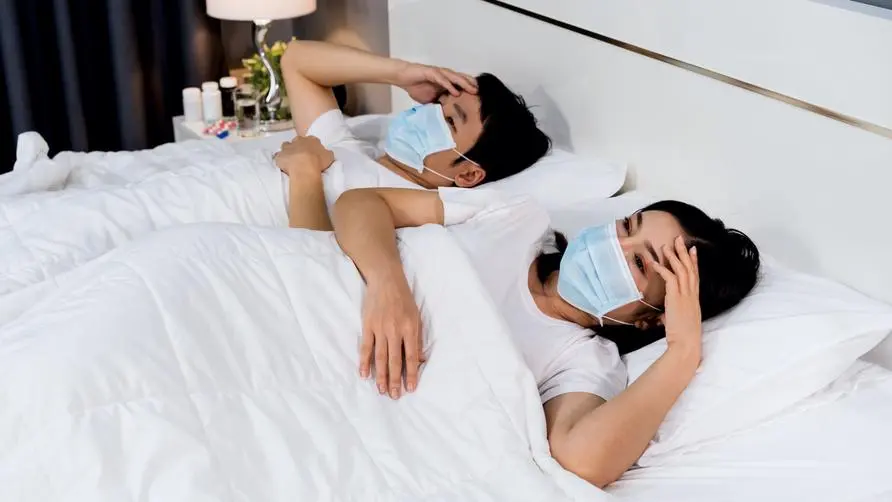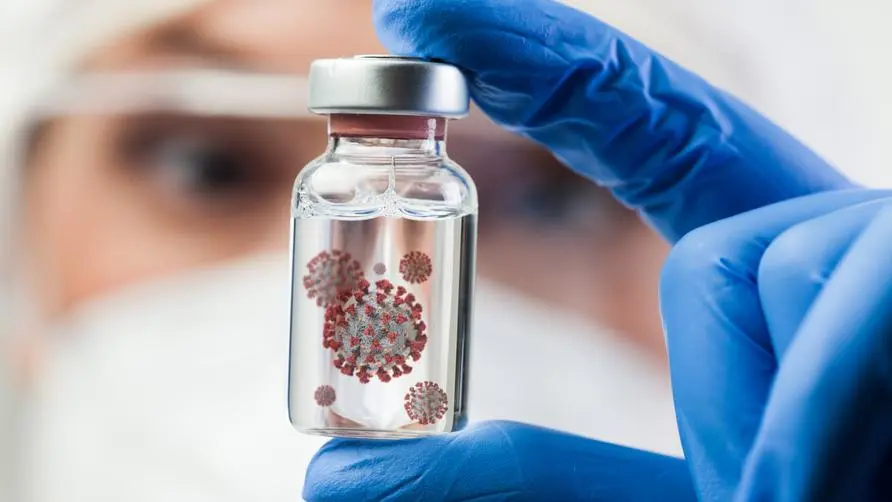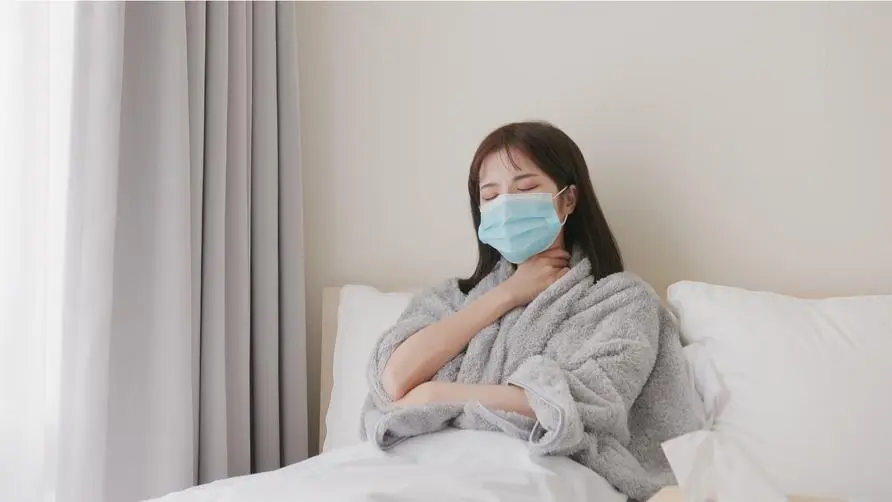Could home isolation cause "sexual dysfunction"? Can I have sex after being diagnosed and recovered? Experts urge "6 things" to be done

The epidemic has doubled depression and anxiety, and psychological problems may lead to “lack of sexual interest”
Could home quarantine affect “sexual behavior” between partners? Since the coronavirus has ravaged the world for nearly two years, people all over the world have been separated from their families or relatives for a long time due to measures such as long-term home isolation, which has led to unstable mental states and relative emotions. In severe cases, they even suffer from psychological diseases, such as anxiety and depression.
Many studies have proven that the new coronavirus may indeed cause “erectile dysfunction” in men, but the psychological problems caused by home isolation may have a more profound impact on partners’ sexual behavior than the virus itself. Research published in “Frontiers in Psychology” indicates that sexual behavior seems to be significantly related to marital conflict, partners becoming emotionally irritable, and psychological difficulties, which will have a negative impact on sexual behavior.
The research also revealed a number of unexpected sexual findings: During the pandemic, there has been an increase in the use of sex toys, porn consumption, masturbation and “sexual experimentation.” In addition, among the LGBT community, individuals have more “temporary sexual partners” than before the epidemic. This means that even if people are unable to have sex due to quarantine policies, they will still express their anxiety and loneliness through active sexual activities.
Can’t meet your partner and can only do it by yourself? Study: Frequency of solitary sex among men and women increases
A study published in the internationally authoritative journal “Nature” collected the sexual intercourse frequency status of 245 volunteers through the “International Erectile Function Index” and “Female Sexual Function Index” questionnaires. The results showed that men’s “sexual avoidance” and “single sex” ( Such as watching pornographic videos, masturbating)" frequency increases; women’s sexual frigidity increases. Research suggests that the decline in sexual activity between partners may be related to the implementation of long-term isolation policies.
Taken together, mental illness caused by the pandemic or home isolation may indeed change the intimate relationship between partners. The epidemic situation in Taiwan has been severe recently. It is recommended that if you have any sexual dysfunction problems, in addition to seeking help from a specialist, you should also pay attention to whether anxiety, depression and other emotions during the epidemic period have adverse effects on personal sexual function.
Can I have sex with my sexual partner after being diagnosed and recovered? Experts recommend doing “6 things”
Currently, most of the Omicron-infected people in Taiwan have mild symptoms. If I want to have sex with my partner after 10 days of home quarantine, do I need to worry about transmitting the virus to my significant other? According to guidelines from the National Alliance of Local AIDS Administrators (NASTAD), if two negative PCR tests are performed within 24 hours after recovery from COVID-19, the possibility of the virus being transmitted through kissing or body fluids is “extremely low.” If you are worried about too much virus in your body, you can observe your condition for another 10 days before deciding whether to have sex.
Although there is currently no direct evidence that the new coronavirus can be transmitted through penile or vaginal sexual intercourse, American infectious disease expert Dr. William F. Marshall still recommends that the following precautions should be considered before having sexual intercourse with people who live in the same household or with sexual partners to reduce the risk of virus transmission. risk:
Reduce the number of sexual partners as much as possible and avoid contact with confirmed sexual partners.
Avoid kissing.
Avoid sexual behaviors that carry the risk of fecal-oral transmission, such as anal sex and oral sex.
Masks must still be worn during sexual intercourse.
Wash your body thoroughly before and after sexual intercourse.
Sex toys should be thoroughly cleaned before and after use.
Source:
SEX AND COVID-19 Frequently Asked Questions
Sex and COVID-19: Can you get COVID-19 from sexual activity?
Sexuality during the COVID-19 pandemic: The importance of Internet
Influence of COVID-19 pandemic on sexuality: a cross-sectional study among couples in Turkey
Further reading:





